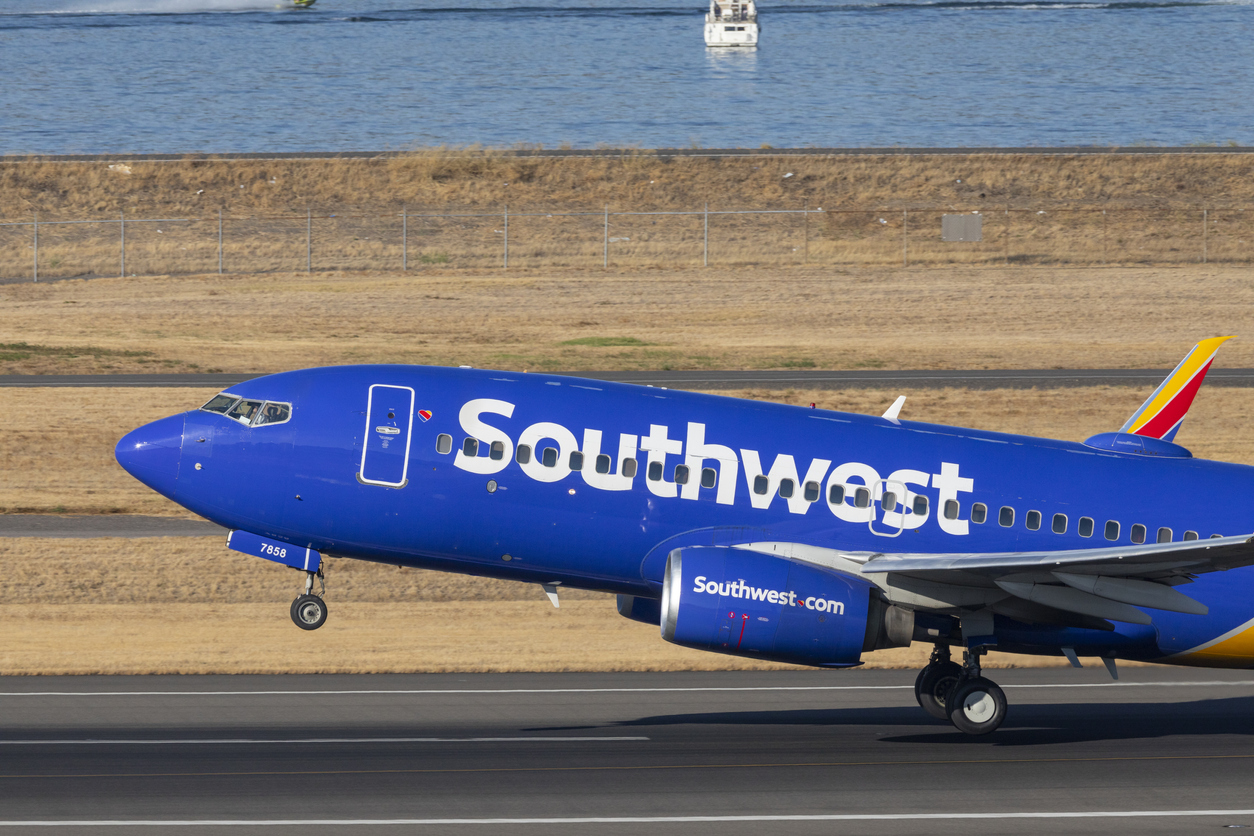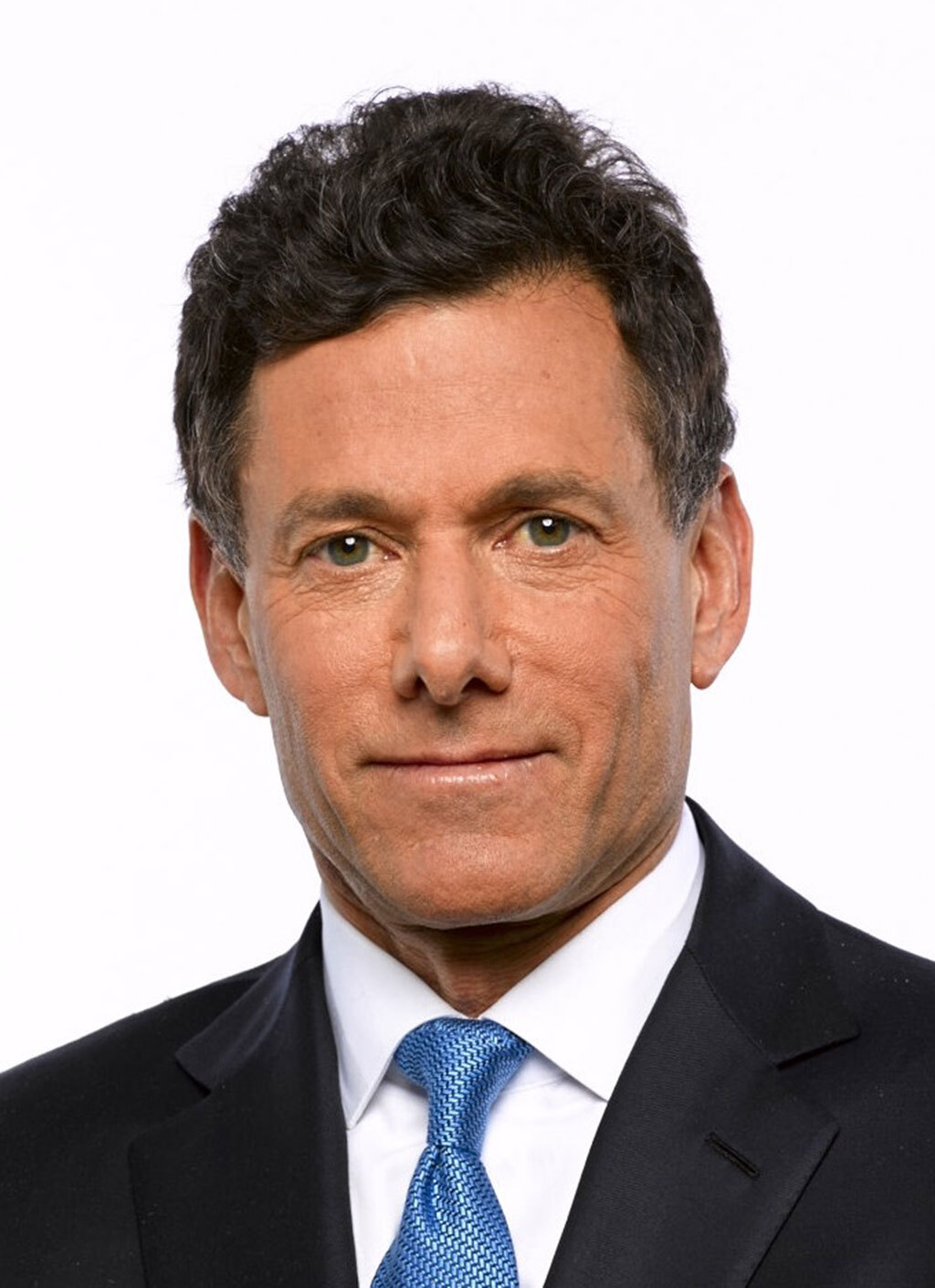10 Common Drugs You'll Soon Be Getting "Huge Savings" On Medicare
The Biden administration is launching a new drug price negotiation agenda.

More than half of the American population depends prescription drugs for their health. And even with good insurance coverage, these drugs can still be expensive. Depending on your coverage, trips to the pharmacy can cost between hundreds and thousands of dollars each year. But relief could be on the way if you're covered by Medicare, as further price negotiations are expected to lower costs for federal health insurance program customers. Read on to find out the 10 common drugs you could soon be seeing huge Medicare savings on.
RELATED: 4 Popular Drugs Medicare Will Never Cover .
A new law will allow Medicare to reduce prescription prices.
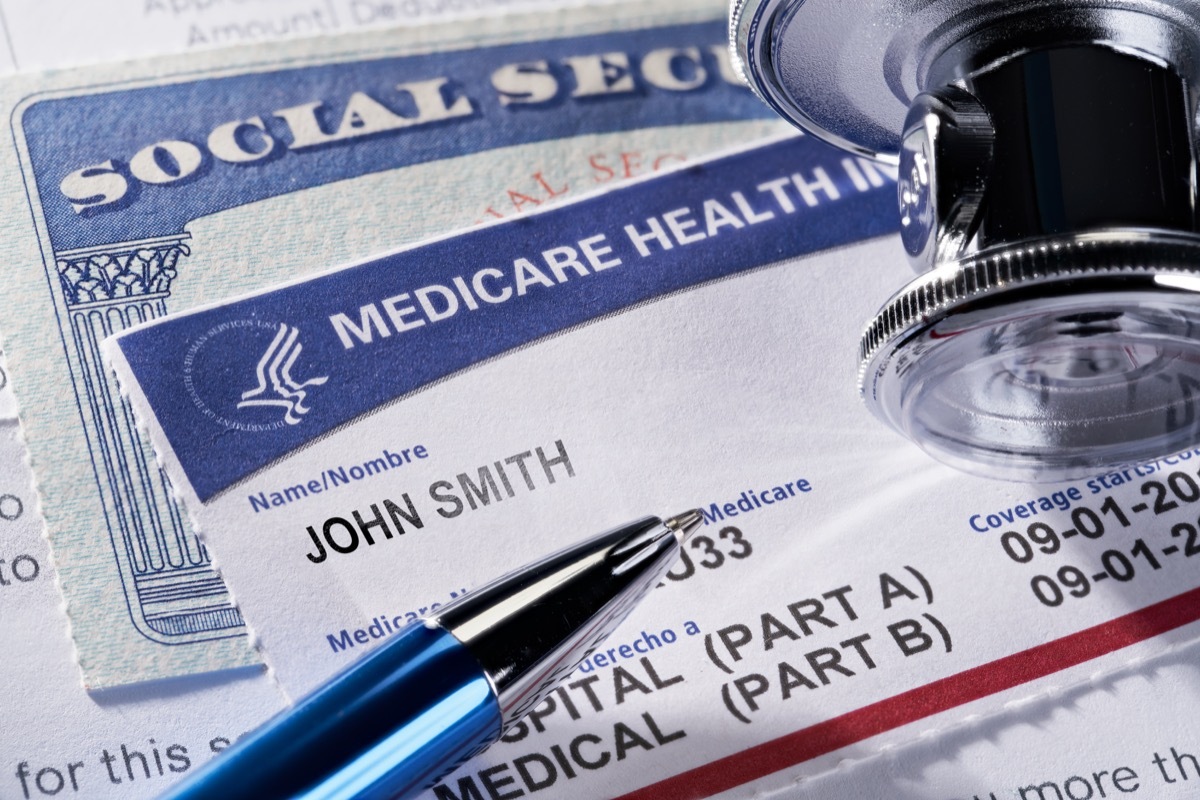
THE Inflation Reduction Act was issued by the President Joe Biden in August 2022, and it includes several provisions intended to reduce prescription drug costs for those covered by Medicare.
Under one of the provisions, the price negotiation program, Medicare will be allowed to negotiate directly with drugmakers to lower the price of some of the most expensive prescriptions, according to the US Centers for Medicare & Medicaid Services (CMS) website.
"This means people on Medicare will have increased access to innovative, life-saving treatments, and lower costs for both them and Medicare," says CMS.
Today, officials finally revealed the top 10 drugs whose prices could benefit from Medicare cuts.
RELATED: The 4 most expensive drugs you can be prescribed .
The first 10 drugs subject to price negotiations have just been announced.

This historic prescription program is now underway. On August 28, the Biden administration unveiled the names of the first 10 drugs to enter Medicare price negotiations. The medicines selected are Eliquis, Jardiance, Xarelto, Januvia, Farxiga, Entresto, Enbrel, Imbruvica, Stelara and certain insulin products from Novo Nordisk.
According to the US Department of Health and Human Services (HHS), about 9 million Medicare enrollees took at least one of those 10 prescriptions in 2022. Many of these commonly used drugs are prescribed to prevent and treat life-threatening conditions, such as diabetes, heart failure, and cancer.
RELATED: 2 drugs recalled after major confusion: "serious adverse events", warns the FDA .
These drugs cost Medicare patients billions last year.
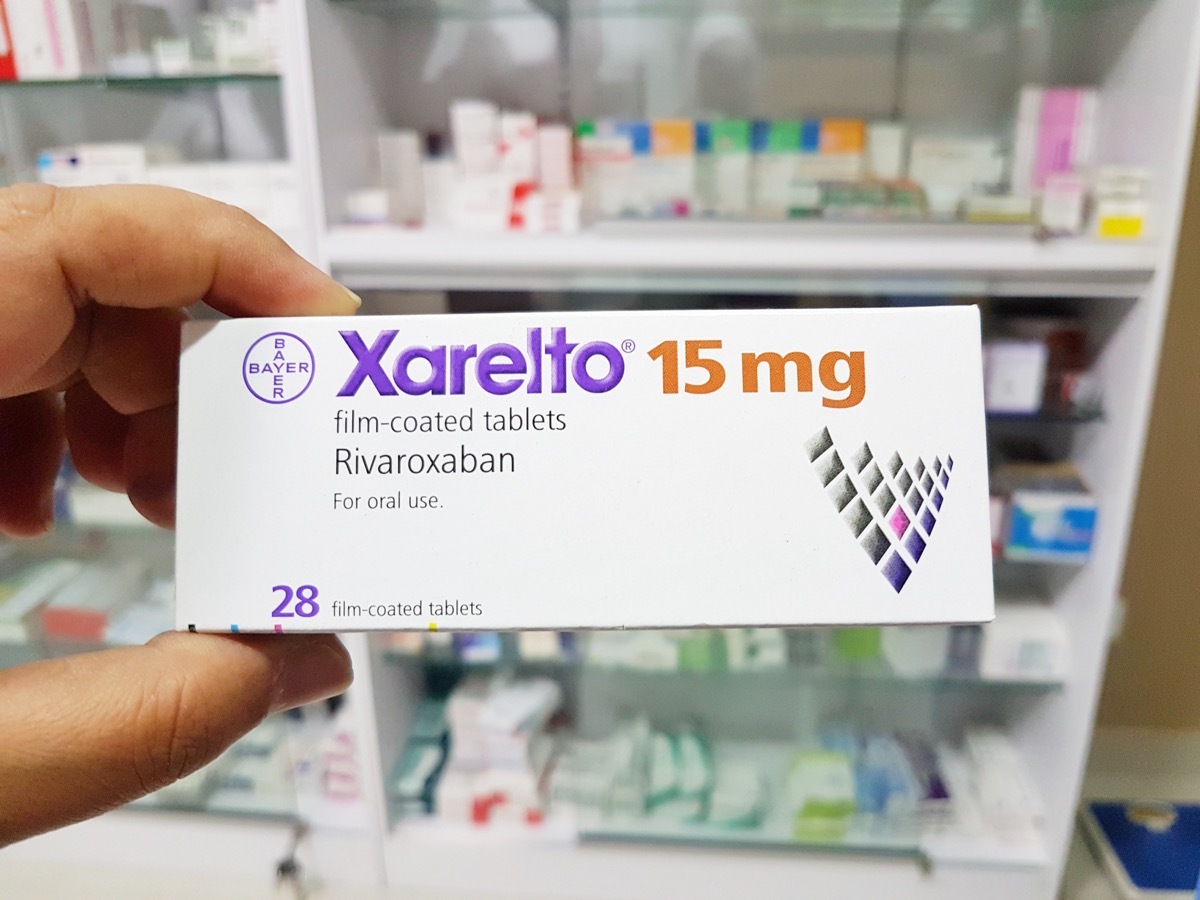
The 10 drugs selected are among those that generate the "highest total expenditures" for Medicare patients in Part D of the federal health insurance program. According to HHS, Medicare enrollees paid a total of $3.4 billion in out-of-pocket expenses for these drugs in 2022.
The average enrollee paid between $121 and $5,427 per year for these drugs, and some enrollees without additional financial assistance paid as much as $6,497 out of pocket in just one year.
“For too long, Americans have paid more for their prescription drugs than any major economy,” President Biden said in a statement. Statement of August 29 . “And while the pharmaceutical industry makes record profits, millions of Americans are forced to choose between paying for the drugs they need to live or paying for food, rent and other necessities. These days are over."
RELATED: For more up-to-date information, sign up for our daily newsletter . ae0fcc31ae342fd3a1346ebb1f342fcb
But the savings will not be felt for three years.
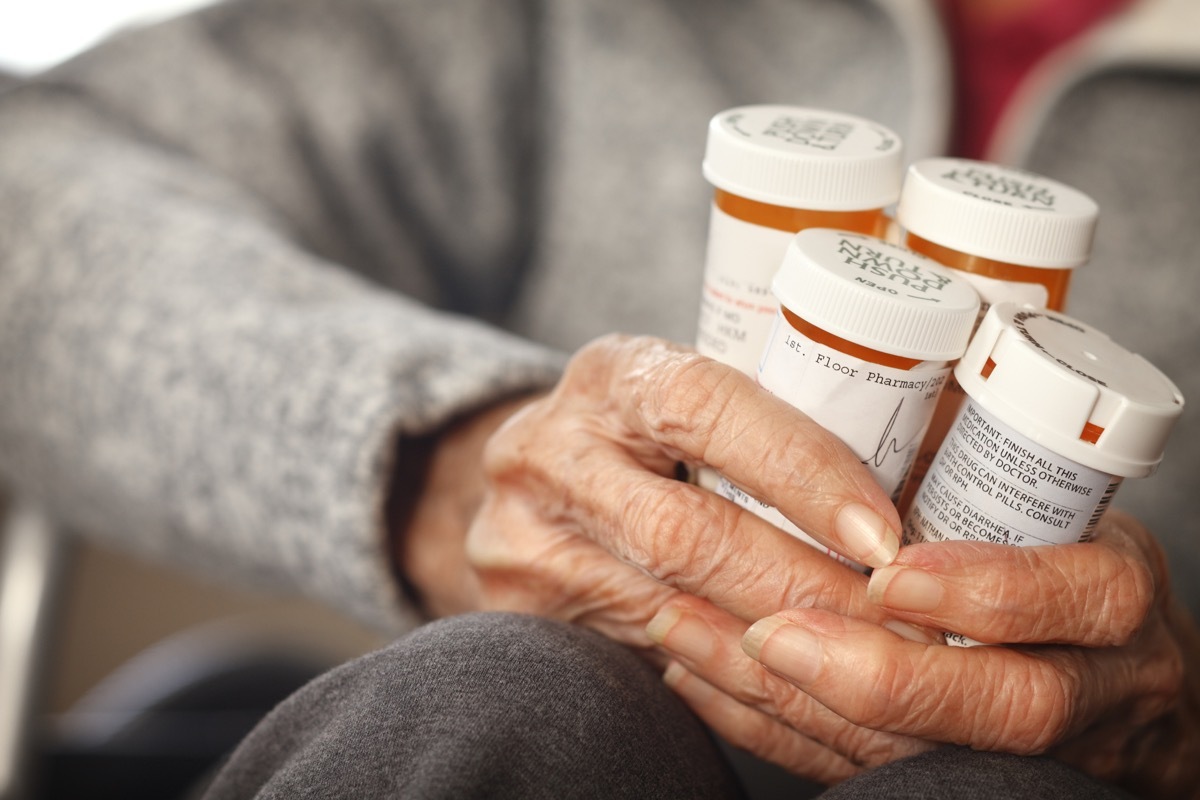
The Biden administration has said negotiations on the first group of select drugs will begin this year.
As CNN explained, CMS offer discounts ranging from at least 25 to 60 percent of the average non-Federal manufacturer price of these drugs, depending on various factors, including their clinical benefits and the price of alternatives. After negotiations with the drugmakers, the agency will then publish the agreed fair prices by September 1, 2024, according to the outlet.
"It's pretty obvious that huge savings can be made here, even for a small number of drugs," Benjamin Roma , MD, a health policy researcher at Brigham and Women's Hospital and Harvard Medical School, told CNN.
The new negotiated prices won't take effect until 2026, but the potential impact may be worth it, especially for people who aren't taking the drugs they need because of their high costs.
"The number one reason older people skip or ration their medication is because they can't afford it. It has to stop," Nancy Lea Mond , head of advocacy and engagement for AARP, told CNN. "Allowing Medicare to negotiate prices for these top 10 drugs will finally bring much-needed access and relief to American families, especially the elderly." We cannot overstate how monumental this law is for the financial stability and overall health of older Americans.

